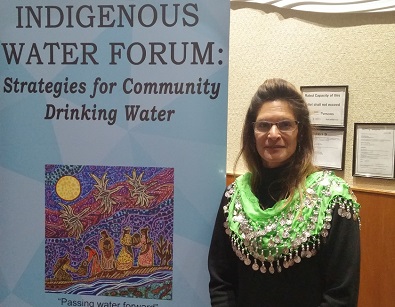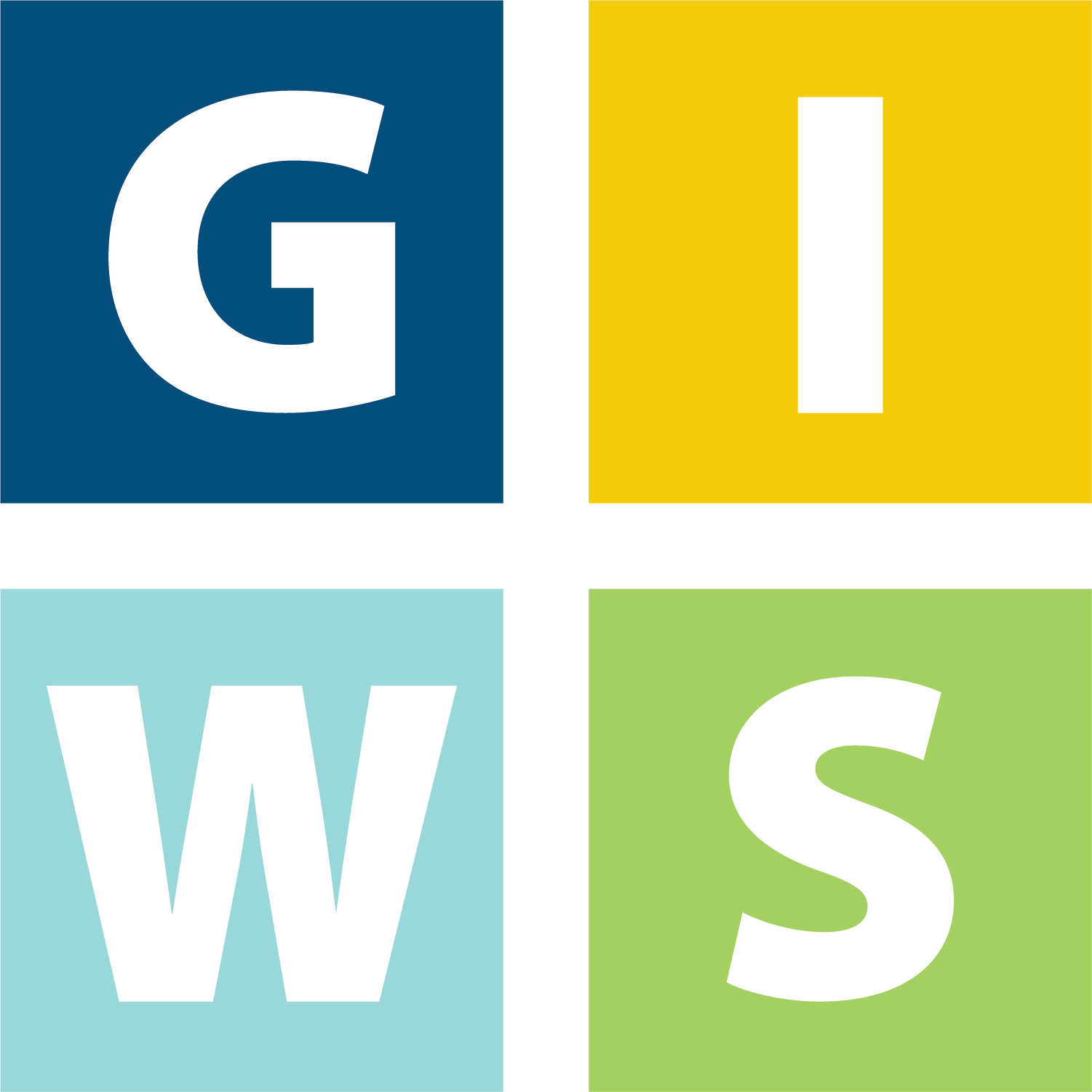
Indigenous water forum aims for clean drinking water for First Nations
GIWS member and associate public health professor Lalita Bharadwaj featured on MBC for work on clean drinking water.
This article originally appeared in MBC Network Radio Online on Oct. 27. To view the original, click here.
First Nations in the province continue to face barriers to clean drinking water, but a forum at Dakota Dunes Casino is aiming to help change that trend.
The Indigenous Water Forum, which started on Thursday, is hearing several success stories from First Nations communities who were seeking clean drinking water.
It is hosted by the Safe Water for Health Research Team out of the University of Saskatchewan.
Co-lead of the team and associate public health professor Lalita Bharadwaj says the many success stories throughout the forum will help uncover solutions.
"It's important to understand how we can move forward," says Bharadwaj.
"It seems we are in a bit of a stalemate and we need to work with communities and hear from them how we can move forward and improve the issue. We need to learn some of the strategies they are using, some of the research tools and some of the partnerships they have built to improve the water supply in their communities."
For Bharadwaj, there are many barriers facing First Nation communities when trying to access clean drinking water. Those include funding, infrastructure, jurisdictional regulations and source water protection.
"Source water protection plans can only be developed and instrumented within reserve land, so any water that flows from outside the boundaries of the reserve can be impacted by contaminants or by decisions on how that water is handled and managed," says Bharadwaj.
"Unfortunately, First Nations don't have a say on what goes on outside of the reserve."
She says First Nations can counteract this by partnering with municipalities around their land to develop a shared goal of source water protection. She cited Beardy's and Okemasis, Mistawasis, and Moskowekwan as three First Nations who have developed such partnerships.
The two-day conference will feature government officials, First Nation leaders, water treatment plant operators and members of industry.
